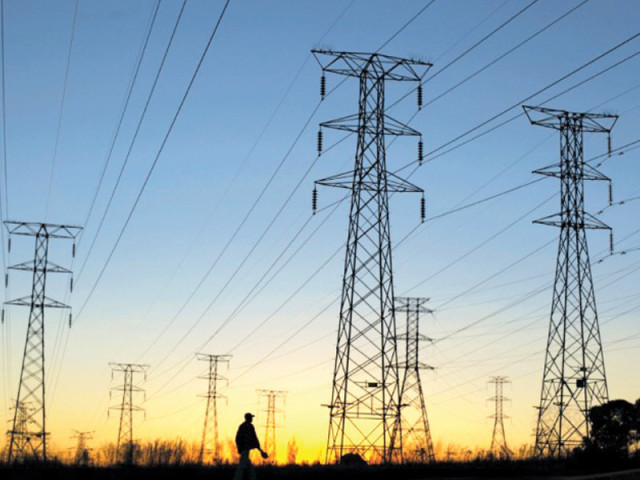The end of subsidies
Nobody and nothing is exempt from the rises in the prices of electricity, petrol and diesel fuels.

Nobody and nothing is exempt from the rises in the prices of electricity, petrol and diesel fuels. PHOTO: FILE

The rise in the cost of electricity has hit the poorest hardest, with only those who consume 200 units or less a month seeing no adjustment to their tariff. Domestic consumers of 201 to 300 units will see a rise of Rs5.89 a unit to Rs14 a unit; and those using 301 to 700 units a month will have to pay a rise of Rs3.67 taking their per-unit costs to Rs16. Those unlucky enough to use over 700 units will find their per-unit costs rising to Rs18, although this is arguably the wealthier section of the populace better able to absorb the rise. The agriculture sector, which has sustained considerable losses after standing crops were destroyed in the recent floods, is not exempt either. The tubewell tariff is to rise by Rs3.58 per unit to Rs10.35 which is going to hit small farmers very hard indeed.
The IMF is not the only factor in the power equation. Power generation is 68 per cent by diesel-run thermal power houses. Most of the fuel to run them has to be imported, the US dollar has risen and the rupee weakened. Power generation is uneconomic and any revision of the mix of generation sources will take a decade or more. The really bad news is that there is more pain to come. While the IMF may not have been the only factor responsible for this, the government perhaps should still have been more careful when negotiating with it, given the hard times ahead for the people of the country.
Published in The Express Tribune, October 2nd, 2013.
Like Opinion & Editorial on Facebook, follow @ETOpEd on Twitter to receive all updates on all our daily pieces.













COMMENTS
Comments are moderated and generally will be posted if they are on-topic and not abusive.
For more information, please see our Comments FAQ